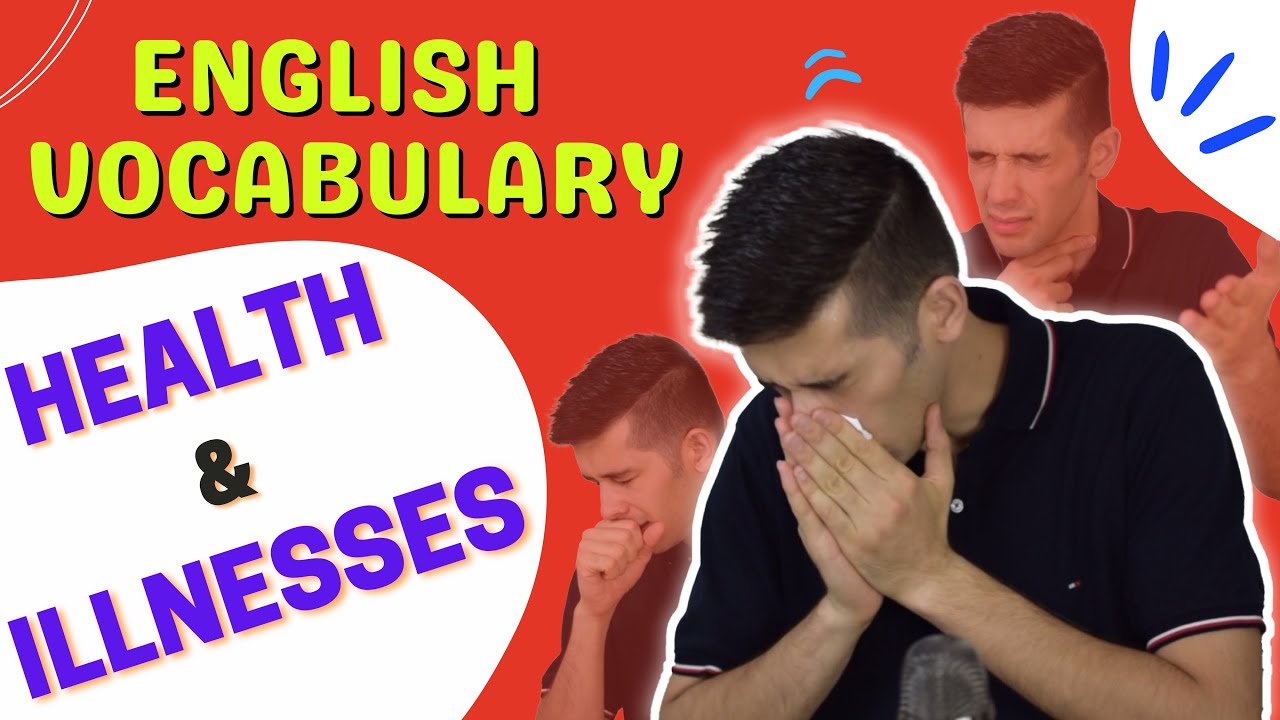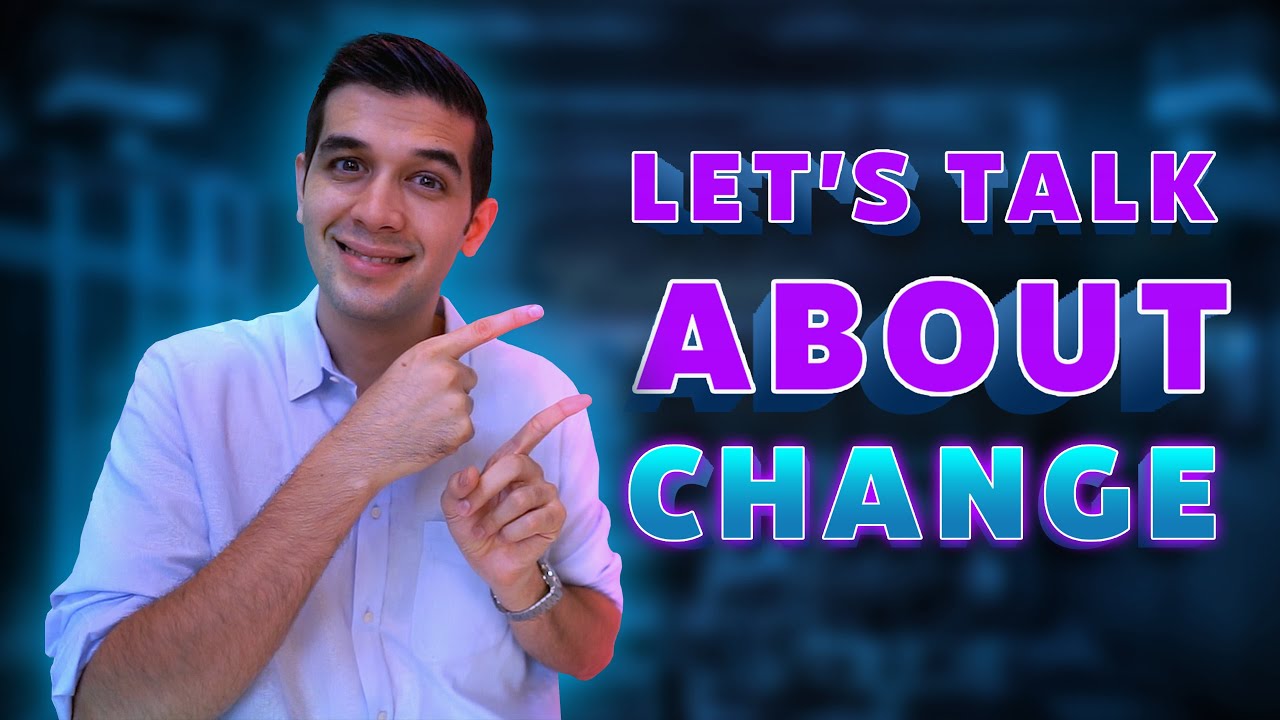What are the keys to be a good speaker?
It’s not enough to just memorize some words and sentences and assume that you can talk fluently. In order to do that, you need two wings: Grammar and vocabulary that are the basis of English speaking specially when talking about the future.
Learn more: Do you know about English phrasal verbs? Each phrasal verb adds flavor and flair to your language skills, making your conversations more dynamic and interesting. By mastering phrasal verbs, you’ll be able to express yourself more clearly and creatively, just like a talented artist painting a masterpiece with words. Follow the link below to learn about the phrasal verbs related to plans and decisions, and try to use them in future planning conversations.
plans and decisions phrasal verbs
In this section, we are going to learn about the grammar that we should use in conversations about future plans. Here’s lesson 1:
Speaking about future plans (Lesson 1)
Let’s see what grammar we can use to talk about future plans. Have a look at these examples:
- The movie starts at 10 p.m.
- The train leaves in an hour.
- The shops open at 5 o’clock.
- The kids go back to school in September.
Are we talking about the past, present, or future?
All of these sentences are talking about the future. Pay attention to the tense and the verbs. All of the verbs are in simple present form. So how am I saying that they are talking about the future?
Key point!!
You can use the simple present when talking about the future events if those are scheduled events. In other words, if you are talking about a future timetable (for example, the time at which the movie starts…) we use the simple present.
It’s important to know that in the cases above, we do not use “will”.
Talking about future plans examples (A simple dialogue)
- Everywhere is closed. Do you know what time the shops open?
- They open at 5. It’s 4 p.m. now.
- Good! and what time do they close?
- I think they close around midnight.
- When does this bus leave the station?
- This bus? It leaves in about 5 minutes.
Speaking about future plans (Lesson 2)
Let’s learn about another grammar rule, when speaking about the future in English.
Look at these examples:
- I am going to get married next month.
- We are going to travel overseas this summer.
- I am going to see my grandma this afternoon.
These sentences are all talking about the future as well. But the tense is different from the ones we saw above.
*am / is / are + going to + verb
When do we use this tense?
We use it to talk about future plans (plans in the near future).
Key point!!
Instead of “be going to” we can use the present continuous when talking about future plans. So, the examples above will be like this:
- I am getting married.
- We are traveling overseas this summer.
- I am seeing my grandma this afternoon.
Dialogue about future plans (number 2)
- What are you doing this afternoon?
- I’m going to watch the game at home.
- So, are you planning to invite anyone over?
- Yeah, I’m going to invite Jack and Susy.
- So, are you just going to watch the game together?
- No, we are going to do something fun. We are cooking traditional Italian food.
- Sounds like a fun evening!
- It is going to be. Do you wanna come?
- No, I’m busy. I have a test tomorrow. So, I’m going to study all night.
- All right. Good luck!
learn more: As you learn a language, it is necessary to practice your pronunciation to sound more like a native speaker! click on the following link to get familiar with English pronunciation exercises.
English pronunciation practice
Talking about future in English (Lesson 3)
Look at these sentences:
-
- There is traffic so I’ll probably be late.
- She may come with her friends.
- Maybe they will have a DJ.
These sentences are talking about the future but are we sure of what is going to happen? No! we are talking about future possibilities.
There are many different ways to talk about future possibilities. But these three are the most common ones:
1. Will + probably
– She will probably call you.
2. May + base from of a verb
-She may come with her friends.
-They may arrive on time.
3. Maybe + a sentence with “will”
-Maybe they will have a DJ
– Maybe I’ll call you this evening.
– Maybe she will give you her number.
talking about future plans dialogue (number 3)
- What are you going to do this weekend?
- I don’t know. I’ll probably stay home and binge-watch Netflix. How about you?
- Maybe I’ll visit my parents. I haven’t seen them in a while.
- Yeah, I might visit them too.
Learn more: There are several ways to talk about time in English. One of these ways is to use the word “TAKE”. Follow the link below to learn about it:
Talk about time in English
ways of talking about the future: Let’s sum up
✅ To talk about Scheduled events/ timetable 🡪 Simple present
– The show starts at around 6.
✅ To talk about future plans (plans in the near future) 🡪 We can either use “be going to” or “present continuous”.
–I’m going to travel overseas.
–I am traveling overseas this summer.
✅ To talk about possibilities 🡪 1. Will + probably / 2. May + base form of a verb / 3. Maybe + a sentence with “will”
–I will probably be late.
– I may be late.
–Maybe I will be late.
Read more: Learn about the common ways of asking for and giving advice in English
Talking about future plans in English: Final dialogue
Here’s a conversation between two friends about future plans:
– Lovely evening! Isn’t it?
–It is! What are you going to do this weekend?
–I don’t know. Maybe I’ll go shopping.
–Sound great! What time do shops close?
–I think around midnight. What are you going to do?
–I’m seeing my friend. We are going to the movies.
–That sounds fun! What are you going to see?
–I’m not sure. I’ll probably see a comedy.
–All right. Have fun! What are you having for dinner tonight?
–Maybe I’ll go to that pizza place across the street. Do you want to come with me?
–Sure! I love pizza. What time does the movie end?
–It ends at 10 p.m. see you at 10:30?
–Great! See you.
That’s everything for this lesson. I hope you’ve enjoyed studying with me and please don’t forget to practice.










